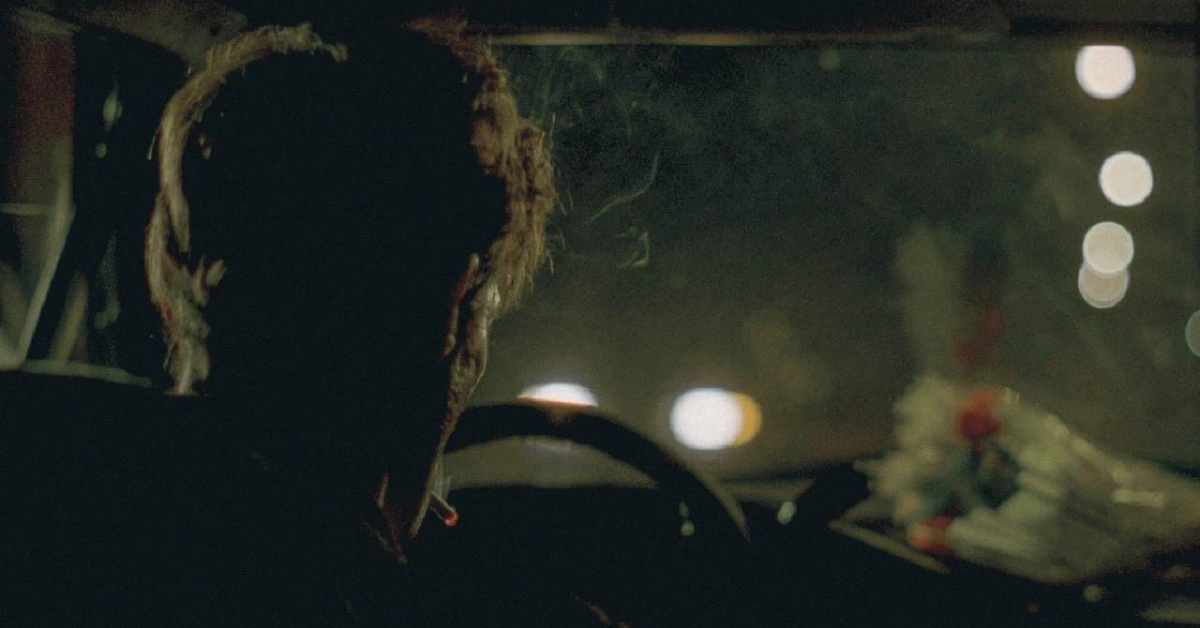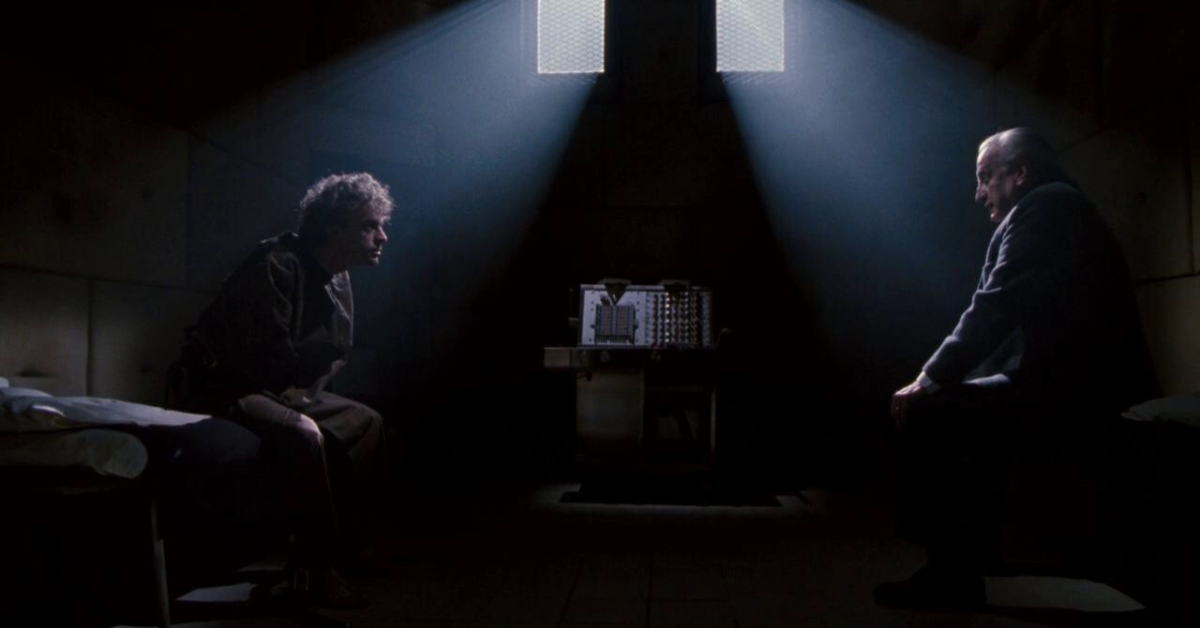The existential void in modernity leads to a crisis, which leads the individual towards a search for meaning. Every search leads to a finding, and it wouldn’t be strange to assume that many of these findings may be of the special type, of the type that seems to burst violently into the individual´s conscience, in …















